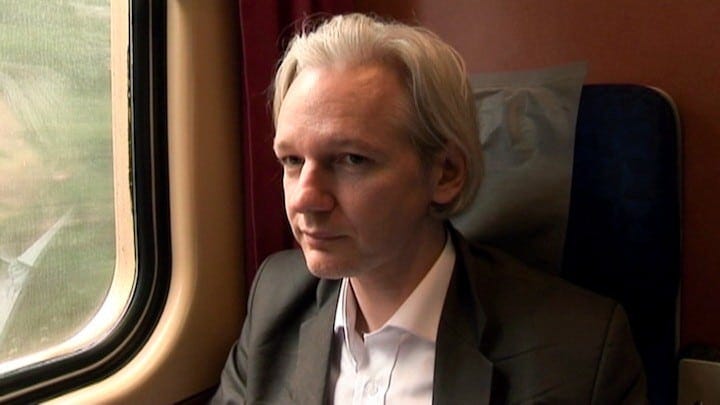The Doc Option: Instead of ‘The Fifth Estate’ Watch ‘We Steal Secrets’

Julian Assange has not been a happy man this year. Being cooped up in an embassy is bad enough, but there have been not one but two high-profile films released that have pissed him off. Being portrayed by Benedict Cumberbatch was not enough to assuage his anger over the treatment of his story in Bill Condon’s The Fifth Estate, a dramatic film opening th…



